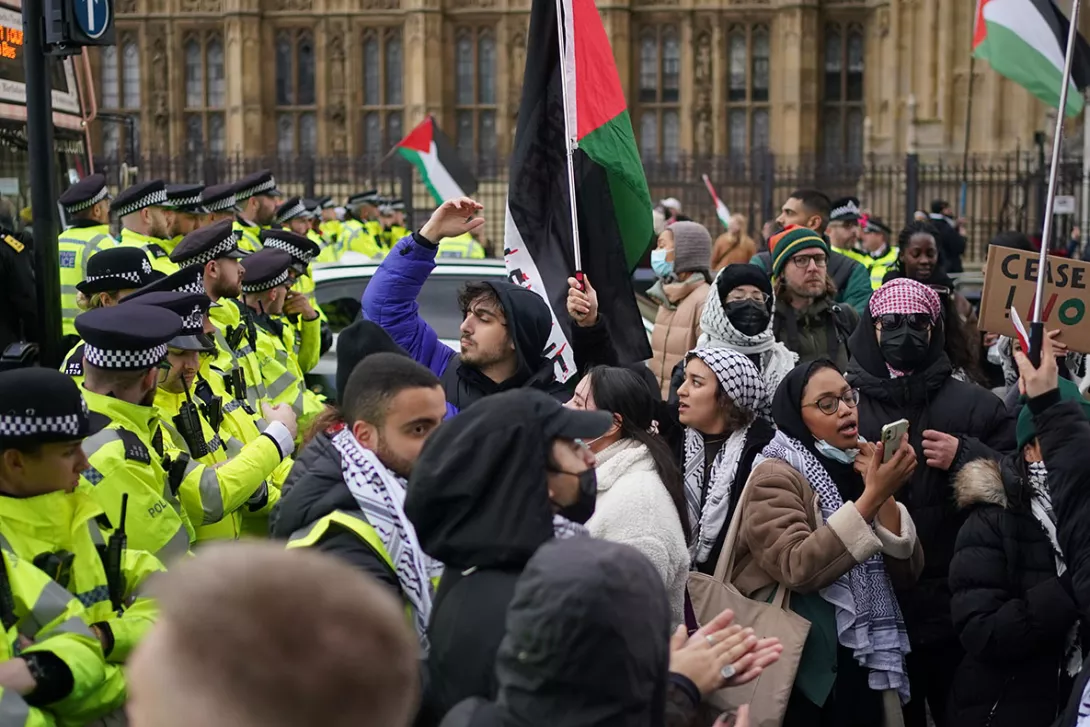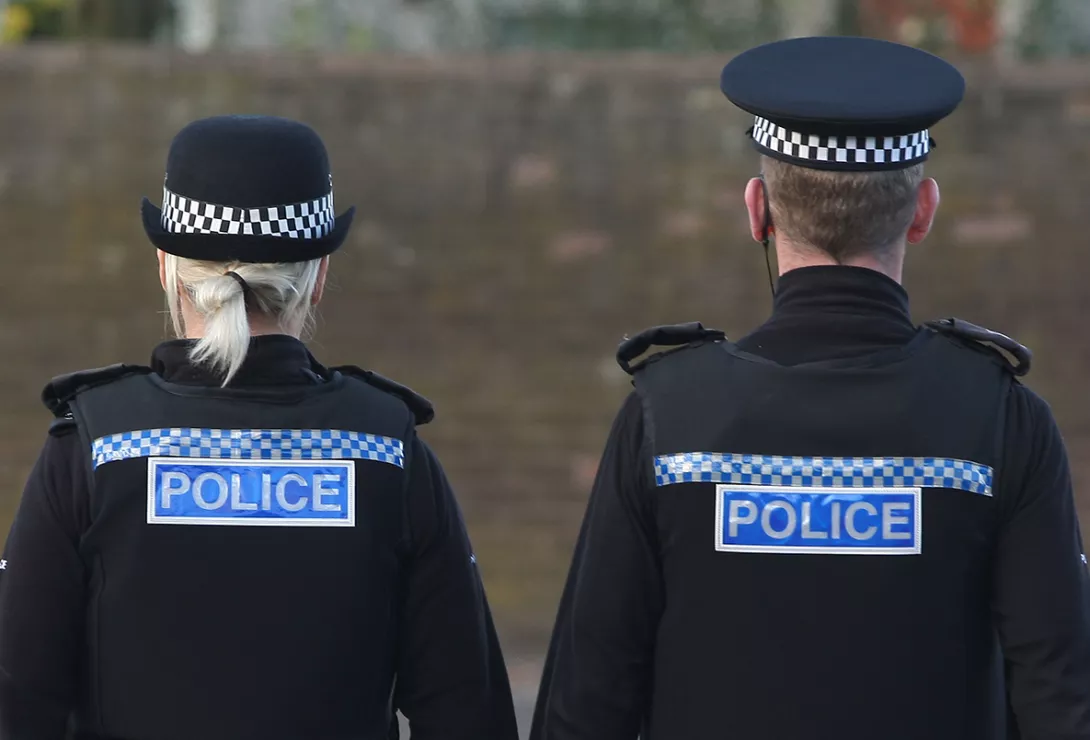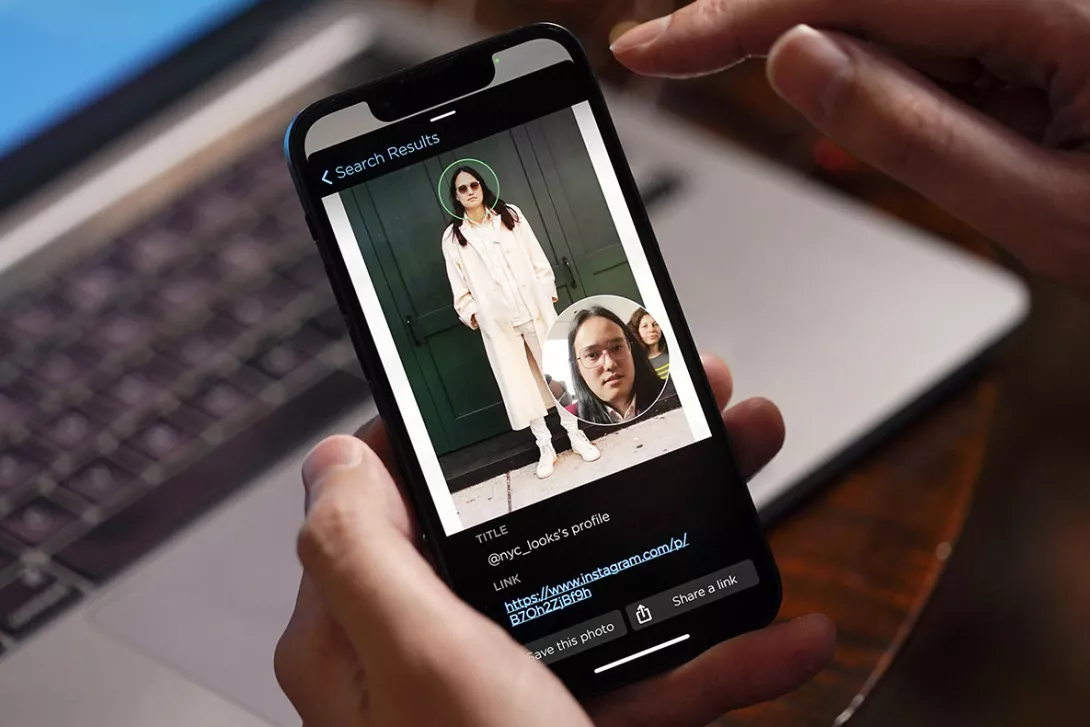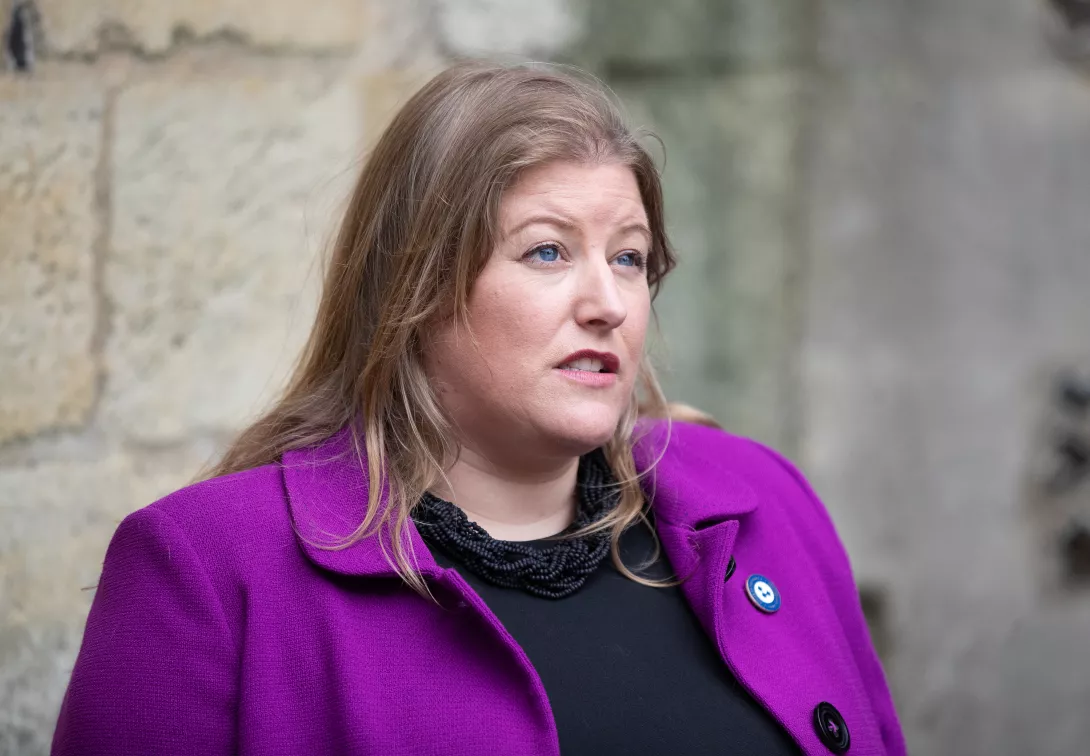Police accused of using live facial surveillance with no clear legal grounds
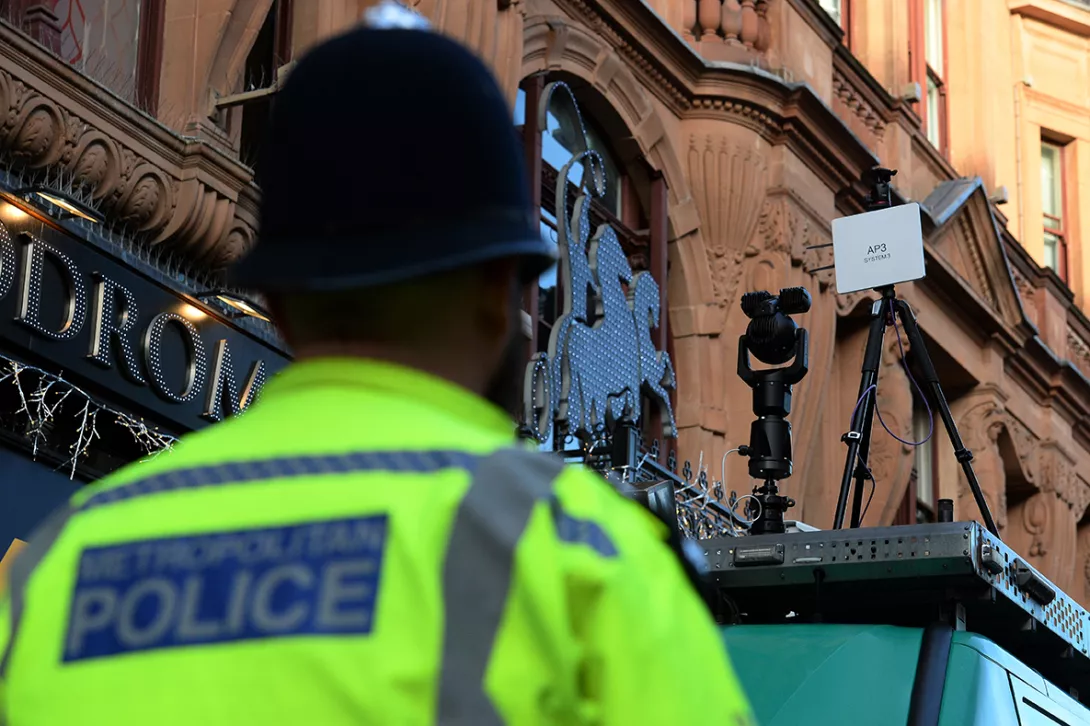
A LORDS committee has warned that police use of live facial recognition (LFR) surveillance is being expanded without clear legal grounds.
The Lords’ Justice and Home Affairs Committee sent a letter questioning the lawfulness of the technology to Home Secretary James Cleverly on Saturday.
Police have been using LFR to scan the faces of everyone in range without consent and compare them with a database of people on a watch list.
More from this author
Similar stories
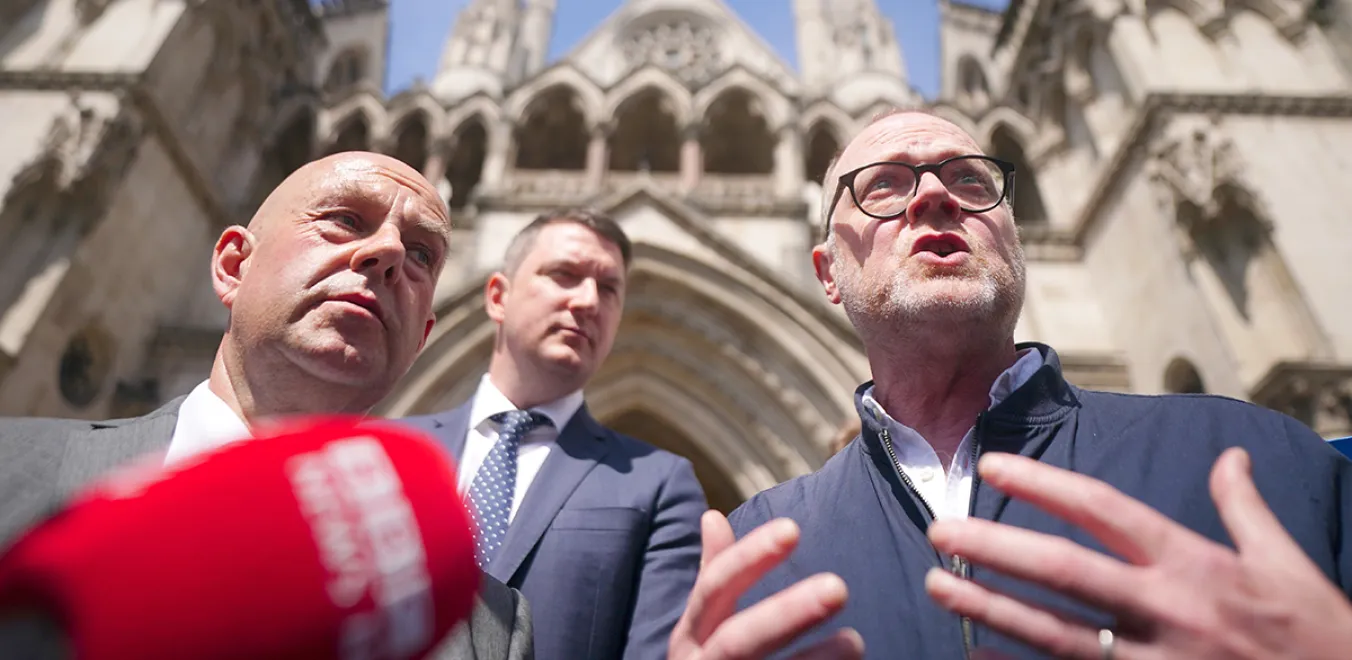
TIM DAWSON looks at how obsessive police surveillance of journalists undermines the very essence of democracy


